Ofori-Atta Extradition Saga Deepens as OSP Tightens Scrutiny Amid Health Concerns
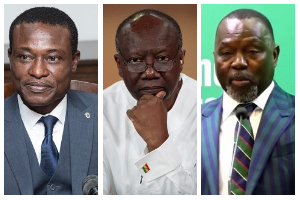
Former Ghanaian Finance Minister Ken Ofori-Atta is currently at the center of a high-profile corruption investigation by the Office of the Special Prosecutor (OSP), which has led to an Interpol Red Notice and ongoing efforts for his extradition. Despite these developments, conflicting narratives have emerged regarding the pace of the legal process, alleged internal rifts between state institutions, and Mr. Ofori-Atta’s whereabouts.
Sammy Darko, the Director of Strategy, Research, and Communication at the OSP, has vehemently dismissed claims of a rift between the OSP and the Office of the Attorney-General and Ministry of Justice (AG) concerning the extradition process. He clarified that there is “no bad blood” or “contention over the case docket” between the two bodies. Instead, he attributed the delay to timing, explaining that the OSP is finalizing investigations into several cases involving Mr. Ofori-Atta and preparing to transmit the necessary documents to the AG.
Darko indicated that the OSP is close to completing its work and intends to file additional charges. The Special Prosecutor is expected to submit the required information to the AG this week to facilitate the next steps in the extradition.
However, this position contrasts with statements from the Deputy Attorney General and Minister of Justice, Justice Srem-Sai, who disclosed that the AG’s office has not yet received a docket from the OSP despite making several written requests over the past two months. Srem-Sai emphasized that the AG’s office is the sole authority empowered to make extradition requests but requires a complete investigative docket to approach foreign authorities, akin to presenting a full case file in court. Without this docket, the AG’s office maintains that it cannot formally initiate the extradition process with authorities in the United States of America, where Mr. Ofori-Atta is believed to be.
The OSP had earlier identified Mr. Ofori-Atta as a suspect in January 2025 and requested his attendance for questioning. Following his failure to specify a return date, citing medical reasons abroad, the OSP declared him wanted and secured an Interpol Red Notice to aid his arrest for alleged corruption and corruption-related offenses. These investigations reportedly involve five major transactions:
The National Cathedral project,
The GRA-SML contract,
The termination of the ECG–Beijing Xiao Cheng Technology (BXC) agreement,
The ambulance spare parts contract, and
Payments from the GRA’s Tax Refund Account.
Amid these developments, private legal practitioner Martin Kpebu suggested that the OSP should initiate a trial in absentia if Mr. Ofori-Atta fails to return. However, Sammy Darko rejected this proposition, explaining that under Ghana’s legal framework, a trial in absentia is only permissible after a suspect has been formally charged and has appeared in court before subsequently absconding. Darko stressed that if a valid trial in absentia were possible without the accused’s appearance, the OSP would not be pursuing extradition efforts, as the court system still requires service of process and attendance.
Meanwhile, Frank Davies, lawyer for Ken Ofori-Atta, has strongly refuted claims that his client is on the run or evading justice. Davies insisted that Mr. Ofori-Atta is “doing well” and has made himself available through “legitimate legal means” and appropriate channels. He clarified that his client is currently recuperating abroad after undergoing surgery and is unable to travel due to his health condition but will return to Ghana once he is fully fit. Davies also highlighted Mr. Ofori-Atta’s reliance on his faith as the legal processes unfold.
Sammy Darko also raised concerns about what he described as a “partial leakage of information,” warning that such leaks could jeopardize ongoing investigations, put OSP officers at risk, and create unnecessary perceptions of political interference. He emphasized that the leak could not have originated from the OSP, reaffirming the office’s commitment to protecting its officers and diligently pursuing the case.
Recommended Articles
Ofori-Atta's Legal and Political Firestorm: Extradition Bid & Accusations of Persecution
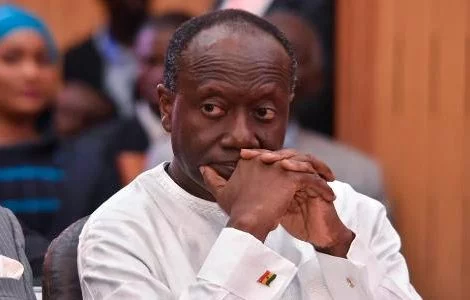
Ghanaian MP Hassan Tampuli warns that domestic political agitation is jeopardizing Ghana's legal bid to extradite former...
Ofori-Atta's US Court Showdown: Ghana Demands Accountability, Extradition Looms
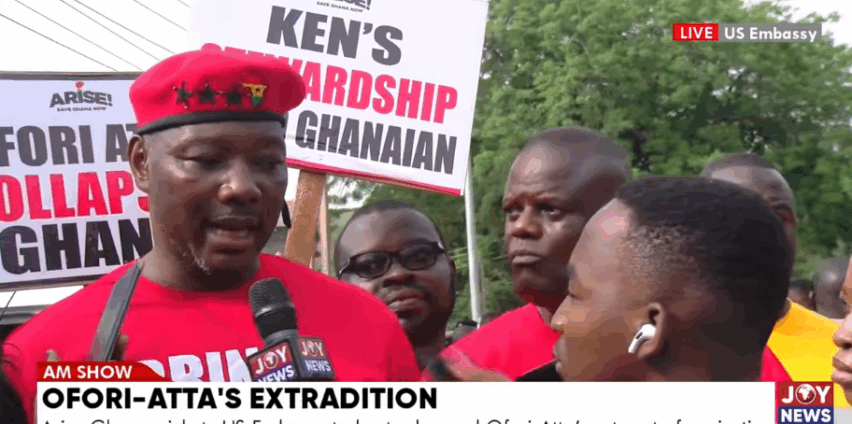
Former Ghana Finance Minister Ken Ofori-Atta faces demands for his return from the US to Ghana amid conflicting reports ...
Ghanaian Official Sedina Tamakloe-Attionu's US Arrest Triggers Extradition Battle

Ghanaian political figures Sedina Tamakloe-Attionu and Ken Ofori-Atta are currently facing legal processes in the US, in...
Ofori-Atta's US Immigration Nightmare: Deportation Fears Mount Amid Legal Battles
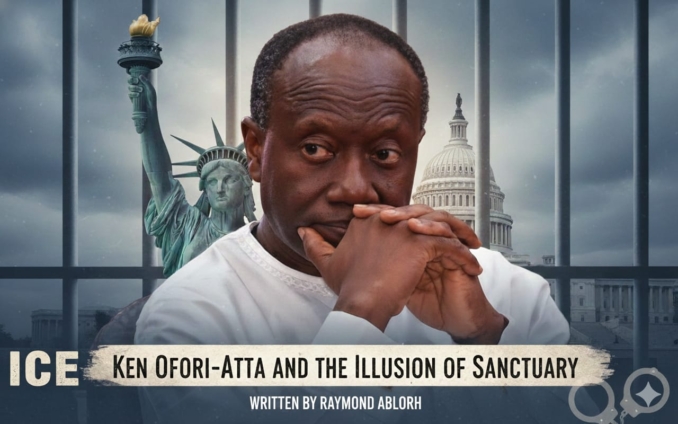
The detention of former Ghanaian Finance Minister Ken Ofori-Atta by US ICE has ignited a complex legal and political fir...
International Alarm: Turkish Lawyer Mysteriously Vanishes in Mozambique
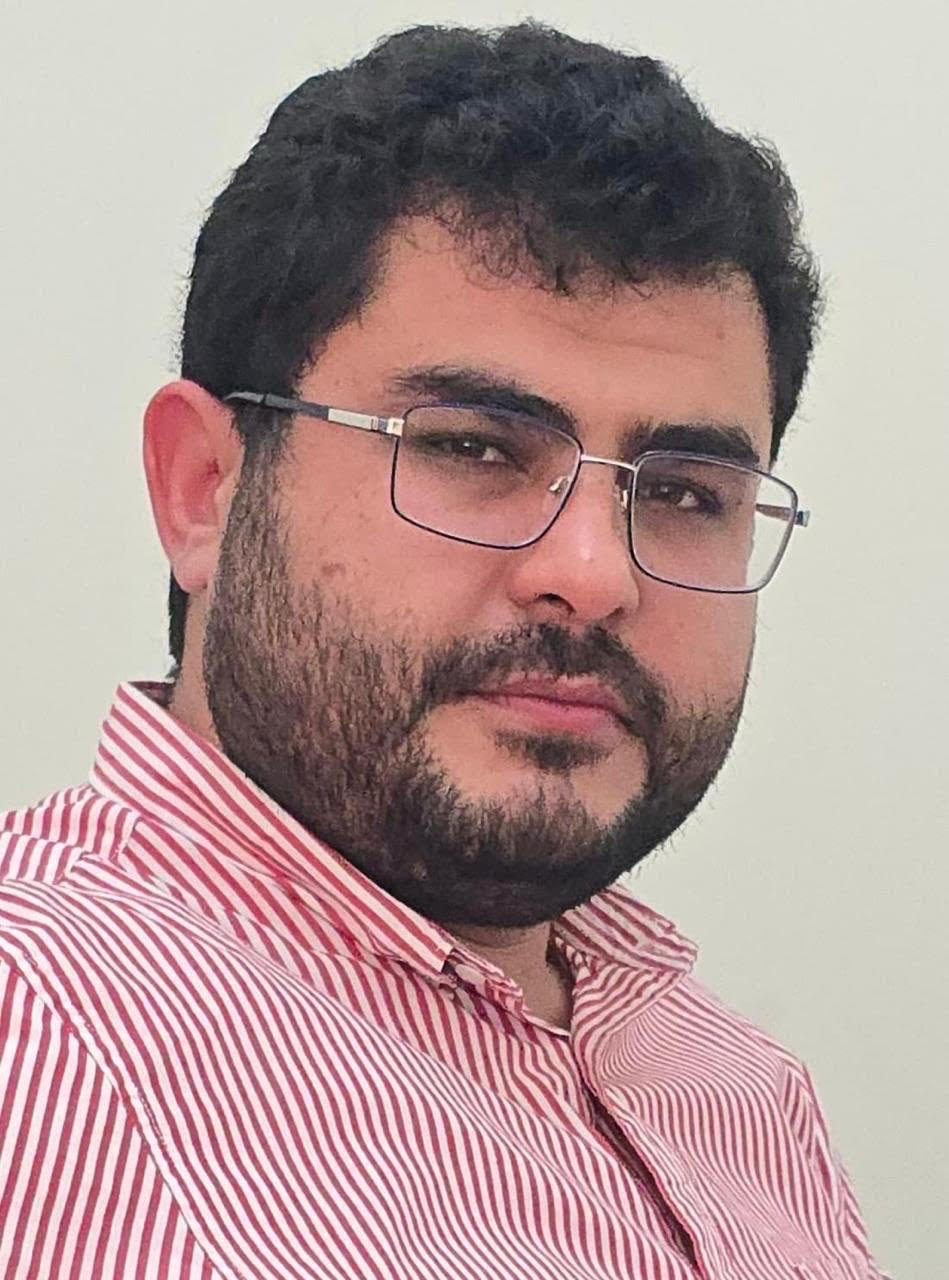
The Universal Rights Association (URA) has raised urgent concerns over the detention of Turkish lawyer Emre Çınar in Moz...
Wall Street Rattled: Ex-Lazard Banker Accused of $41 Million Insider Trading Heist

A former Lazard dealmaker, Justin Kim, is accused by US authorities of orchestrating an elaborate insider trading scheme...
You may also like...
Super Eagles Fury! Coach Eric Chelle Slammed Over Shocking $130K Salary Demand!
)
Super Eagles head coach Eric Chelle's demands for a $130,000 monthly salary and extensive benefits have ignited a major ...
Premier League Immortal! James Milner Shatters Appearance Record, Klopp Hails Legend!

Football icon James Milner has surpassed Gareth Barry's Premier League appearance record, making his 654th outing at age...
Starfleet Shockwave: Fans Missed Key Detail in 'Deep Space Nine' Icon's 'Starfleet Academy' Return!

Starfleet Academy's latest episode features the long-awaited return of Jake Sisko, honoring his legendary father, Captai...
Rhaenyra's Destiny: 'House of the Dragon' Hints at Shocking Game of Thrones Finale Twist!

The 'House of the Dragon' Season 3 teaser hints at a dark path for Rhaenyra, suggesting she may descend into madness. He...
Amidah Lateef Unveils Shocking Truth About Nigerian University Hostel Crisis!

Many university students are forced to live off-campus due to limited hostel spaces, facing daily commutes, financial bu...
African Development Soars: Eswatini Hails Ethiopia's Ambitious Mega Projects

The Kingdom of Eswatini has lauded Ethiopia's significant strides in large-scale development projects, particularly high...
West African Tensions Mount: Ghana Drags Togo to Arbitration Over Maritime Borders

Ghana has initiated international arbitration under UNCLOS to settle its long-standing maritime boundary dispute with To...
Indian AI Arena Ignites: Sarvam Unleashes Indus AI Chat App in Fierce Market Battle

Sarvam, an Indian AI startup, has launched its Indus chat app, powered by its 105-billion-parameter large language model...